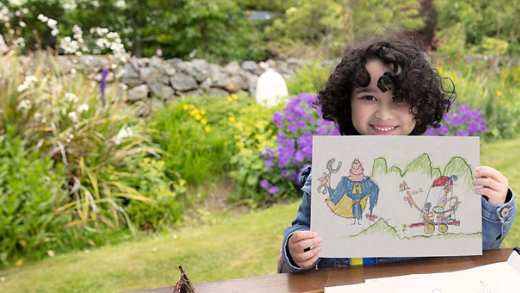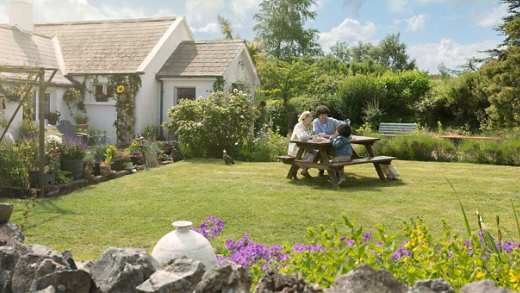Before you think you’ve found the perfect partner online, you need to be sure you haven’t fallen for a romance scammer.
What’s a romance scam?
It’s when a criminal tricks someone into sending them money, even though they’ve never met in real life – only ever having spoken online or over the phone.
They set up fake profiles on dating and social media sites. They then strike up conversations with people – often targeting those who are older, vulnerable and sometimes lonely – and try to build a relationship with them. By targeting these groups, they have a greater chance of getting their hands on money which people have been saving for years, such as investments or pensions.
Once they know they’ve got someone’s trust, they’ll make up a reason for needing money. They’ll drop subtle hints such as “I need to pay my parent’s medical bills” or even “I want to come to meet you but I have no money”.
They’re on the rise
It may sound too simple to catch many people out, but romance scams can be extremely convincing. In 2019, 75 cases of Romance Fraud were reported to Gardai. The victims were both male and female. The total losses suffered were in excess in excess of €1,000,000.1
As we’re spending more time at home, we’re spending more time online too.2 So it’s the perfect opportunity for romance scammers to make their move.
They’re exploiting loneliness during these times to trick more victims into parting with their cash. And if you’re living alone, you won’t have your close friends and family around to advise you and help you see what might be happening either.
People often feel too embarrassed to speak out when they’ve been the victim of a romance scam. But remember, fraudsters are experts at manipulating people so you shouldn’t feel ashamed.
The telltale signs of a romance scammer
There have been instances where romance scammers have asked people to send them money, take out phone contracts for them and even sent money using different names to transfer to UK bank accounts on their behalf.
Here are some things that a romance scammer may ask you to do:
- Send money to pay for medical treatment, either for themselves or a sick or injured relative.
- Help pay for travel costs, such as plane tickets or visa charges, so the person can come and meet you.
- Provide bank details or other financial information as their card was recently blocked in error by the bank.
There are other red flags that may suggest the person you’re talking to is a romance scammer:
- They might be asking lots of personal questions about you, but they’re not interested in telling you much about themselves.
- They may live in a different country to you.
- They’ll only share photos and speak to you on the phone – never on video – to hide their true identity.
- They might want to quickly switch from a dating website to social media or texting so there’s no evidence of them asking you for money.
What to do if you think you’re being targeted in a romance scam
If you suspect you’ve been speaking to a romance scammer, keep yourself safe by following these simple rules:
- Avoid giving away too much personal information, such as your address, date of birth or financial details – this could be used to commit identity theft.
- Never send money to a person that you’ve only ever met online, no matter how much you trust them or believe their story.
- Stop talking to the person and report their profile as ‘fake’ to the dating or social media site they first approached you on.
It’s important to report it
If you’re contacted by a romance scammer or you’ve already fallen victim to a romance scam, it’s important you report this to your local An Garda Soíchána Station so they can investigate and help protect others.
If you’ve sent money to a scammer or provided them with your bank details, report this to your bank too.
If you think a romance scammer is trying to get you to part ways with savings or investments you hold with us, you can let us know.
For information on other online scams, check out spot fraud to stop fraud.
1. https://www.garda.ie/en/about-us/our-departments/office-of-corporate-communications/press-releases/2020/february/romance-fraud-warning-st-valentine-s-day-2020.html
2.https://www.rte.ie/news/business/2020/0619/1148430-cso-internet-usage/


